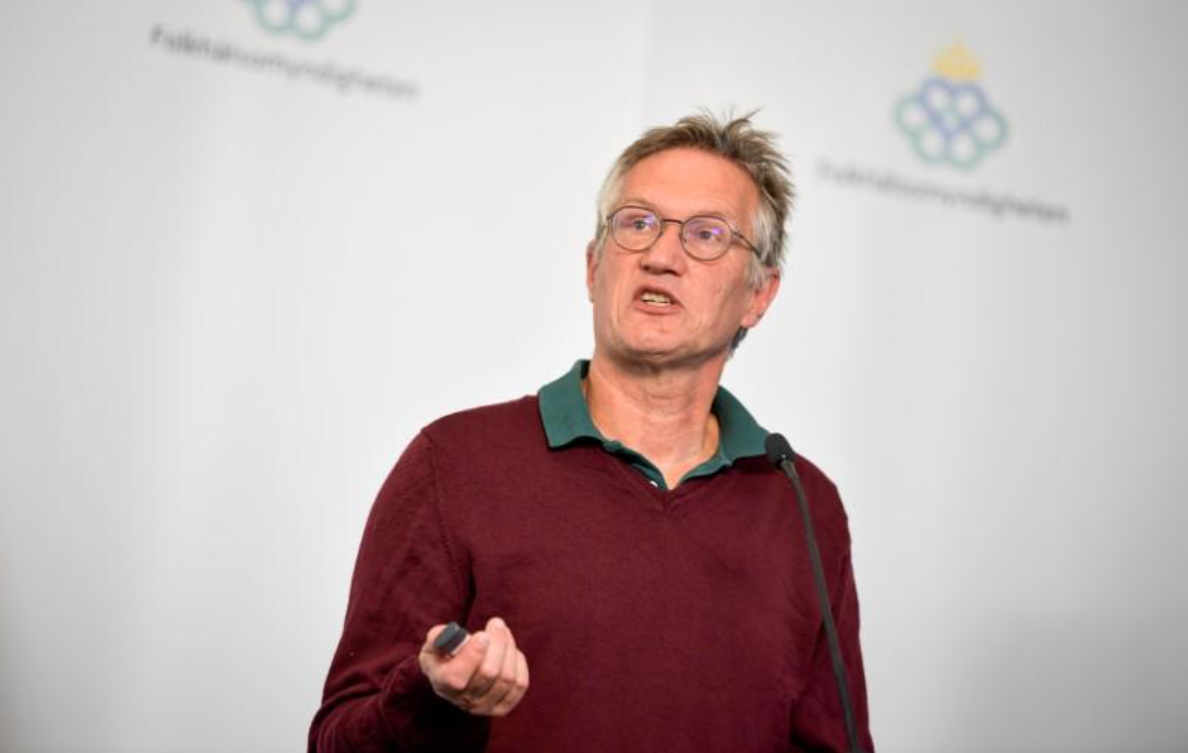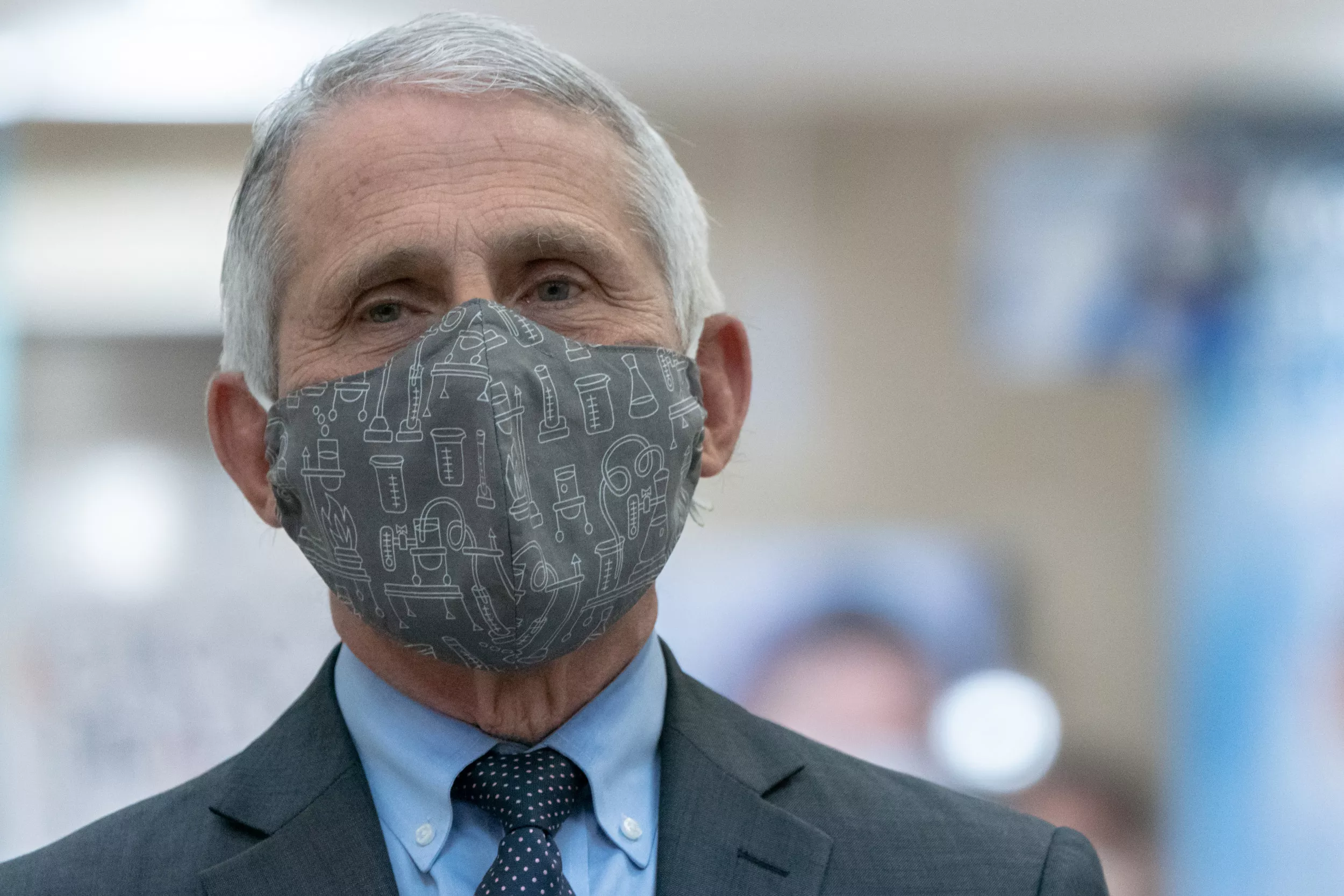Sweden’s official inquiry into its handling of the pandemic is a mixed bag. On the one hand, it comes out firmly against lockdowns – understood as stay-at-home orders – and affirms the decision not to close schools. On the other hand, it criticises the Government for not being quicker to restrict indoor meeting spaces such as shops and restaurants, to bring in masks, and for relying too much on the advice of its Public Health Agency, including Anders Tegnell, the State Epidemiologist – despite it being his advice to swim against the flow and resist lockdown. The Telegraph has the story.
Recurring lockdowns imposed across Europe to curb COVID-19 were neither “necessary” nor “defensible”, Sweden’s official inquiry into its handling of the pandemic has concluded.
In its final report, the country’s Coronavirus Commission strongly supported Sweden’s pandemic strategy, concluding that the decision to rely primarily on “advice and recommendations which people were expected to follow voluntarily” had been “fundamentally correct”.
The decision not to impose mandatory restrictions meant that Swedes “retained more of their personal freedom than in many other countries,” the report concludes.
In addition, the commission writes that it is “not convinced that extended or recurring mandatory lockdowns, as introduced in other countries, are a necessary element in the response to a new, serious epidemic outbreak”.
Several countries which did impose lockdowns, it notes, had “significantly worse outcomes” than Sweden, while the restriction of individual freedom was “hardly defensible other than in the face of very extreme threats”.
So far so good. But it goes on to say that measures were “too few and should have come sooner”.
While the report’s authors said Sweden’s government was right to not shut primary and lower secondary schools during the pandemic, they wrote that other “indoor settings where people gather or come into close contact” should have been restricted.
These include shopping centres, restaurants, cultural and sports events, hairdressing salons, and swimming pools.
The commission also argues that face masks should have been encouraged in public places as soon as they were no longer in short supply, that the government should have stopped all inessential inward travel in March 2020, and that those returning from ski trips at the end of February should have been asked to quarantine.
The report is also critical of the way the government delegated responsibility to the Public Health Agency, its then Director-General Johan Carlson, and State Epidemiologist Anders Tegnell.
“The Government should have assumed leadership of all aspects of crisis management from the outset,” it rules. “It should have been able to overcome the obstacles to clear national leadership that currently exist.”
Sweden’s Health Minister Lena Hallengren welcomed the commission’s conclusions, though rejected the charge of over-reliance on the Public Health Agency:
They can have their opinion about that. But the fact is, that the Public Health Agency is not one expert, it’s hundreds of experts. It would be very strange if I, as Health Minister, or the Government, relied on specific or unique experts instead of this very big expert authority.
In Sweden’s case the Government is being criticised for listening too closely to its anti-restriction Public Health Agency. It’s not hard to imagine that in the U.K. the official inquiry will criticise the Government for not listening enough to its pro-restriction advisers. The common theme will be not imposing enough restrictions fast enough – the opposite of the right lesson.
The acknowledgement that lockdowns are unnecessary and indefensible is welcome. The conclusion that, nonetheless, more should have been done, contradicts the first and is hard to understand. The danger is now that severe deprivation of civil liberties will become normalised as the right response to a public health threat, to be imposed speedily, despite the evidence-base for these measures being just as poor, indeed worse, now than when they were rejected prior to COVID-19.














To join in with the discussion please make a donation to The Daily Sceptic.
Profanity and abuse will be removed and may lead to a permanent ban.